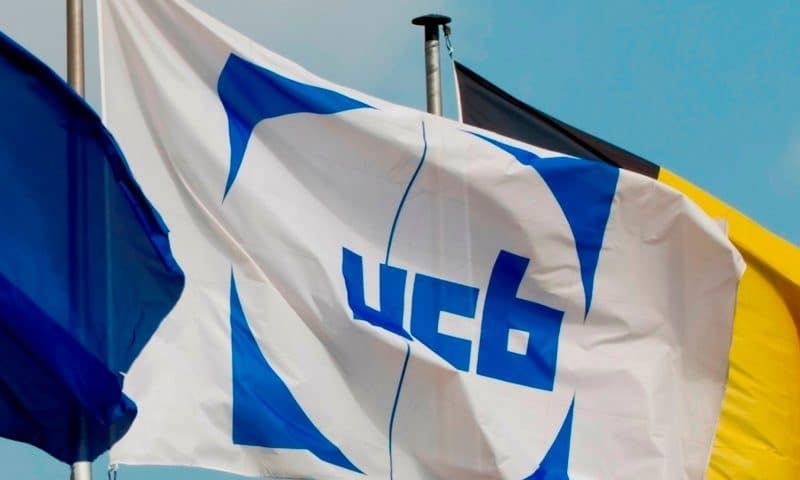After beating out Johnson & Johnson’s Stelara in psoriasis in 2020, UCB’s bispecific inhibitor has wracked up another phase 3 win by improving multiple signs of function, pain and inflammation in patients with a spinal arthritis condition.
With results from two phase 3 trials, disclosed Tuesday and last month, UCB will file bimekizumab for approval in axial spondyloarthritis, or axSpA, in the U.S. and European Union in the third quarter of this year. The drug awaits the FDA’s nod in moderate-to-severe plaque psoriasis, a decision that was delayed in October.
In the latest study, bimekizumab met the primary and secondary goals in non-radiographic axSpA in the phase 3 Be Mobile 1 study disclosed Tuesday. Bimekizumab led to at least 40% improvement compared to baseline across measurements of disease activity, spinal pain, physical function and inflammation at week 16. The chronic inflammatory disease primarily impacts the spine and joints that link the pelvis and lower spine.
The results add to the drug’s achievement of primary and secondary goals in another phase 3 study called Be Mobile 2 last month in active ankylosing spondylitis, which also falls under the axSpA disease umbrella. The drug also beat out placebo at other measurements of disease activity, partial remission and nighttime pain.
By the time UCB files the drug for axSpA, the pharma could have a regulatory greenlight in moderate-to-severe plaque psoriasis. The drug beat out J&J’s Stelara in a phase 3 trial and has set the stage for a market battle against Novartis’ Cosentyx, leading UCB to ask the FDA for a go-ahead in the autoimmune disease. COVID-19 has, however, slowed inspections at the agency, impacting bimekizumab’s path to market.
The anti-IL-17A and IL-17F drug could reach sales of $1.63 billion for the psoriasis indication in 2026.

